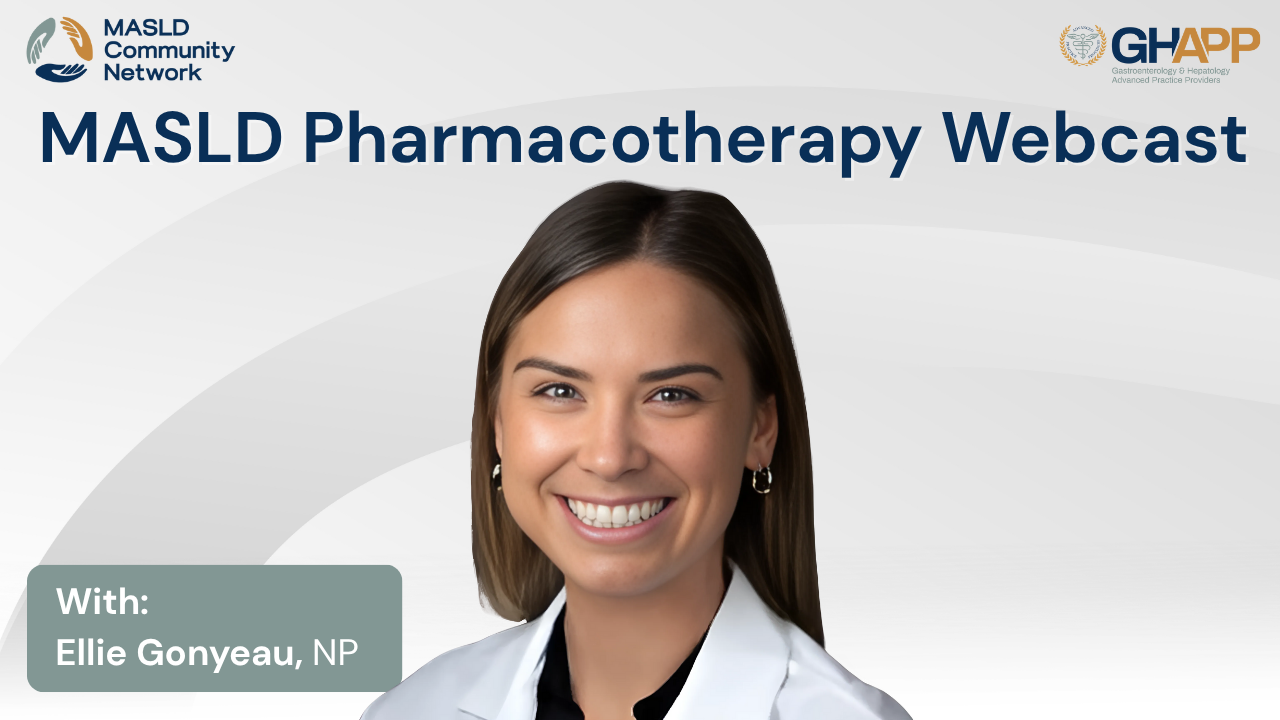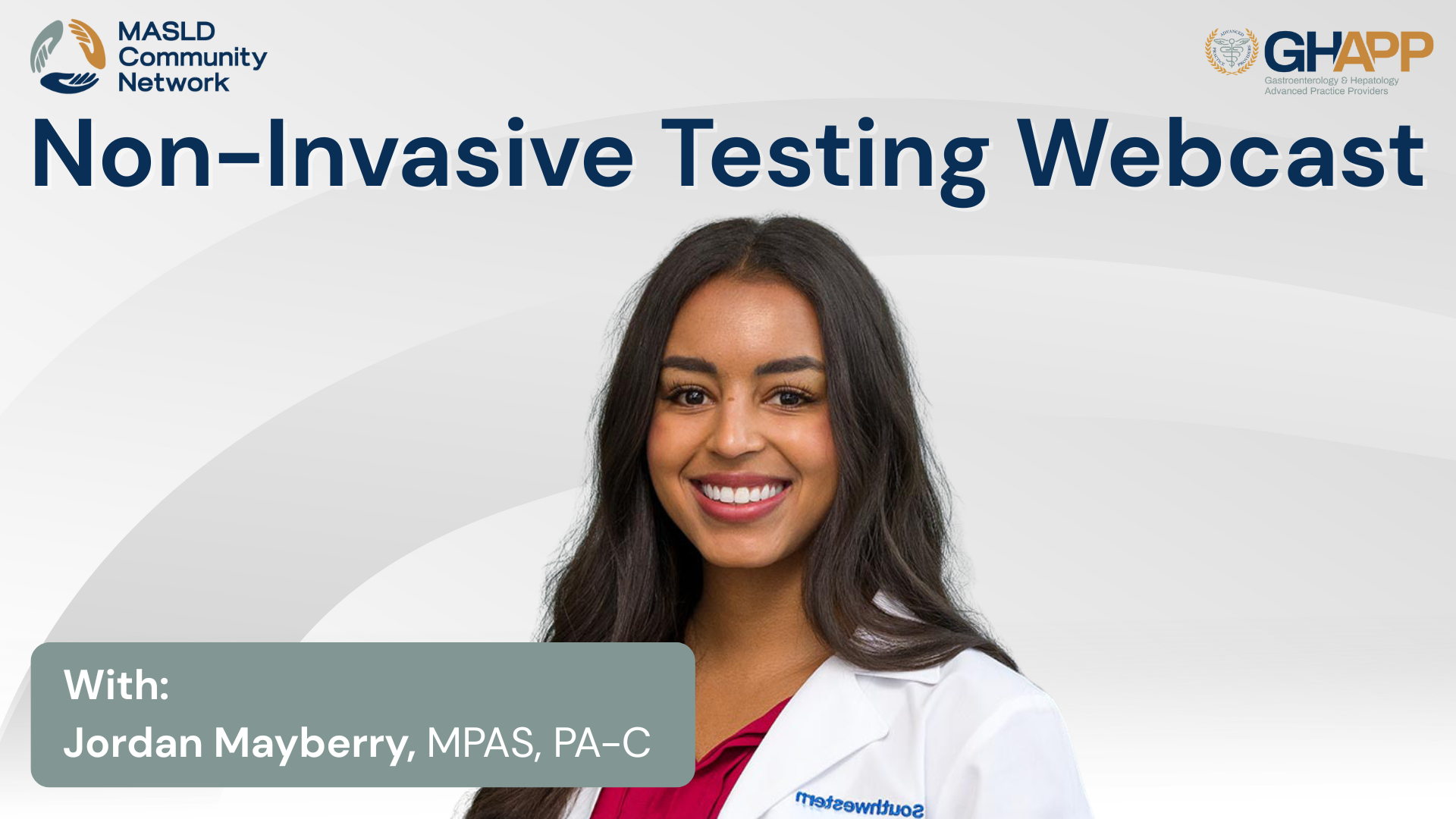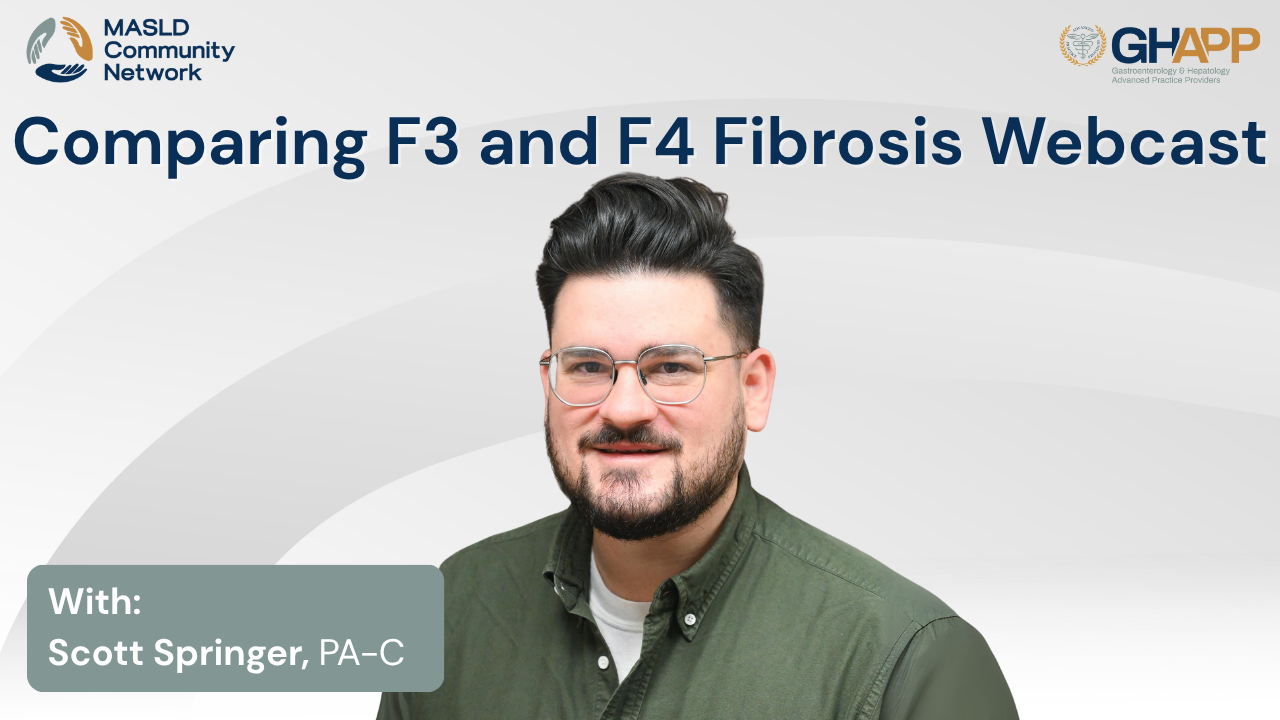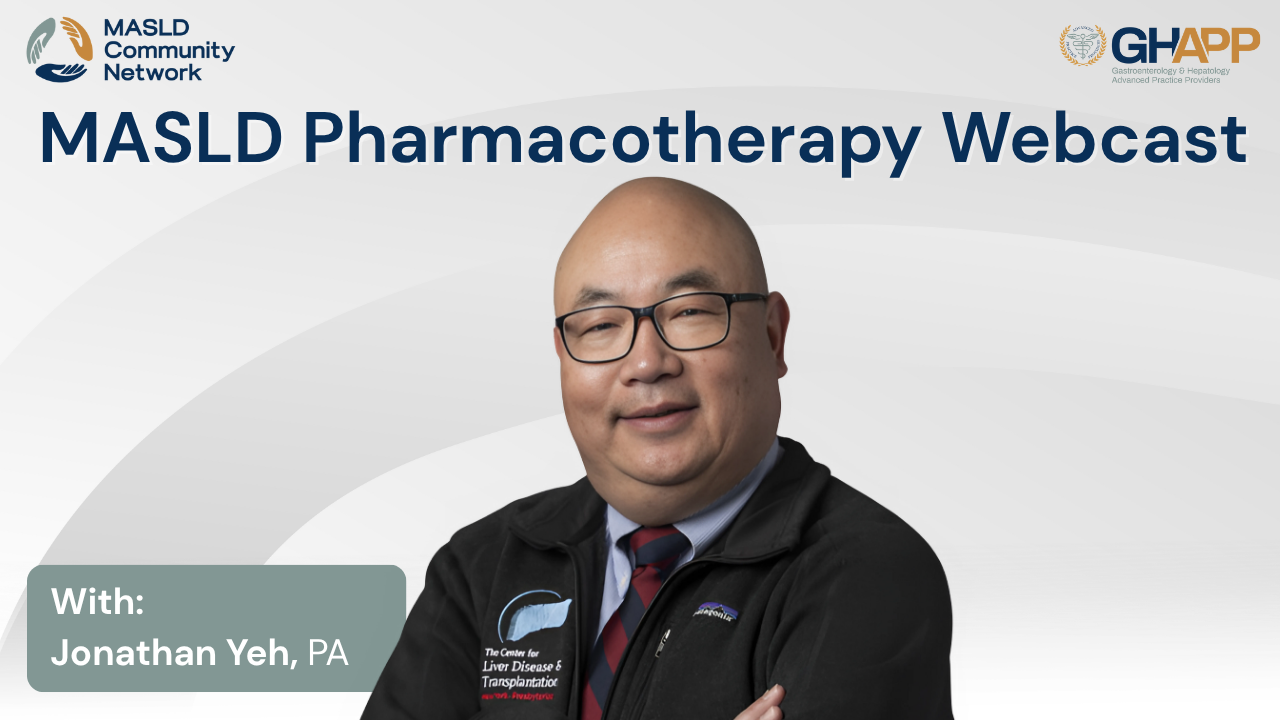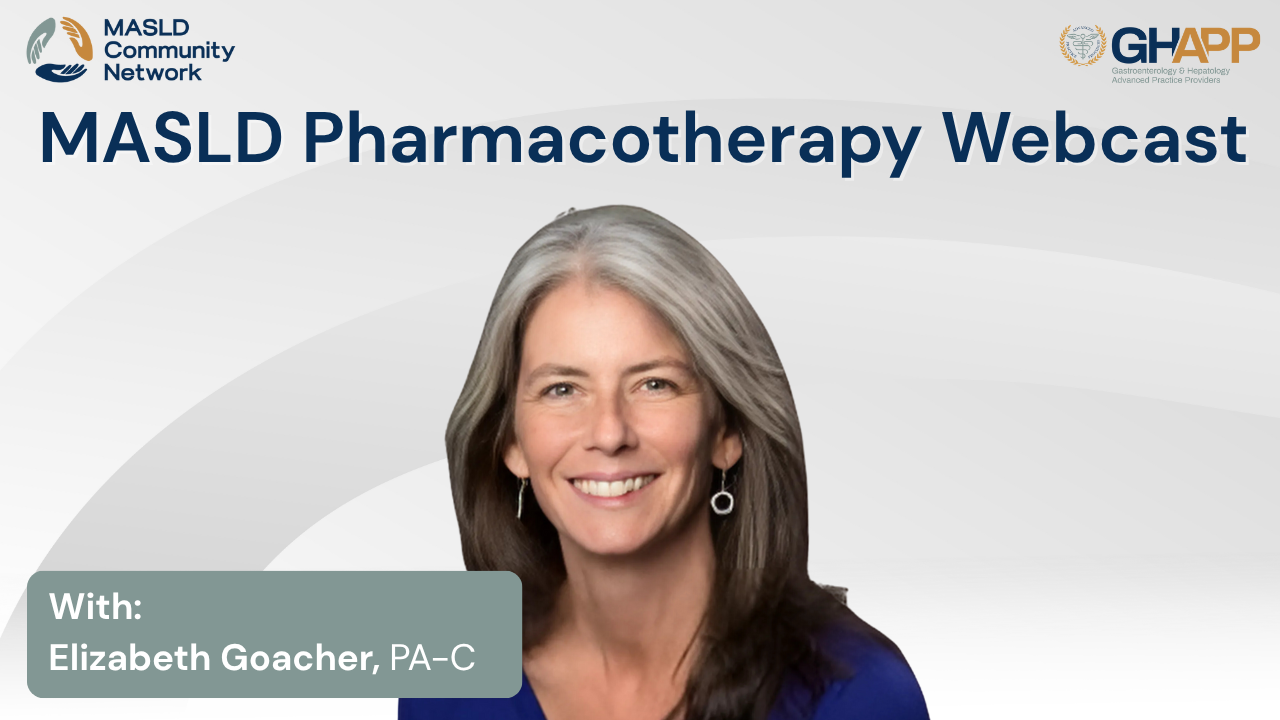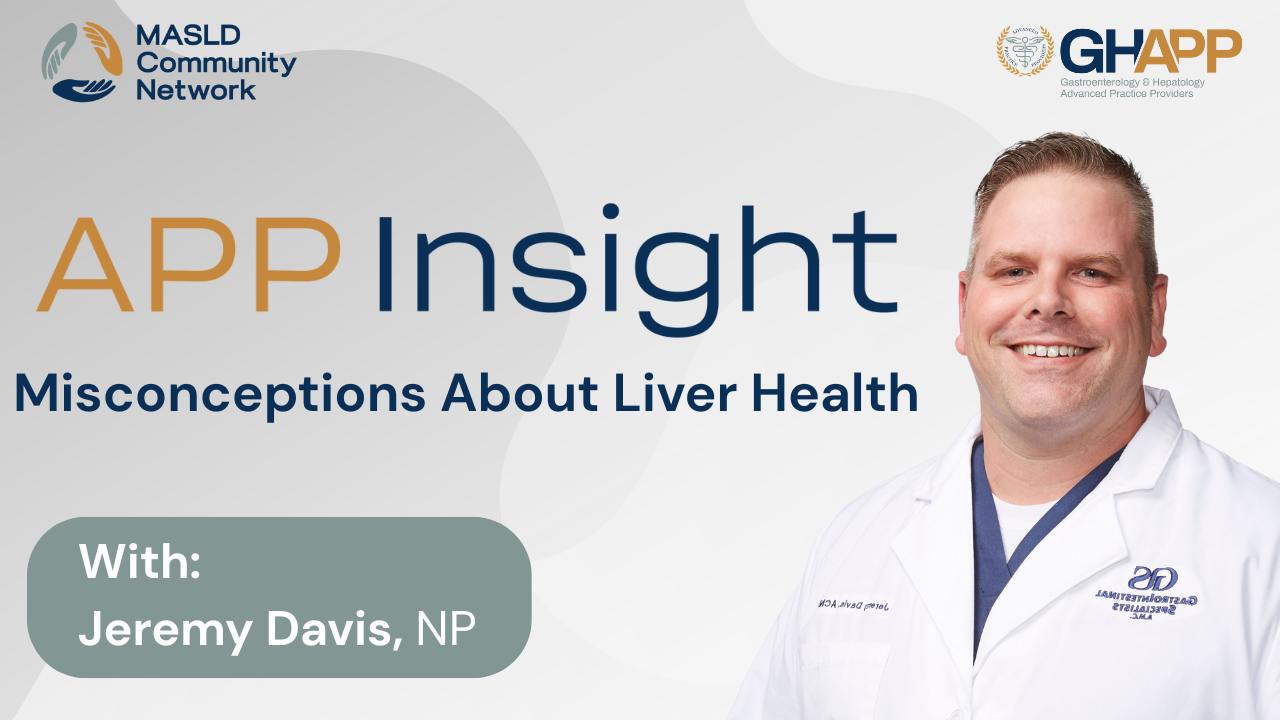Chat with MASLD AI

Hi, I am MASLD AI.
Suggested Questions :

MASLD AI 01:31 AM
In this practical and engaging overview, Janet Gripshover, nurse practitioner and nurse manager for the Cedars-Sinai Liver Transplant Program, breaks down the essentials of non-invasive testing (NITs) for assessing fibrosis in patients with metabolic-associated steatotic liver disease (MASLD). She explains the critical distinction between MASLD and MASH (metabolic-associated steatohepatitis), highlighting why early identification of aggressive liver disease is essential—even in patients without cirrhosis. Janet reviews key NIT tools, including FibroScan, MR elastography, and serum biomarkers like FIB-4 and ELF score, providing clinical insights on interpreting results, integrating them into risk stratification, and tailoring next steps for patient care. Viewers will learn when to act on elevated liver stiffness, how to interpret CAP scores, and why weight loss and comorbidity control remain foundational treatments. Whether you're new to hepatology or seeking a refresher on navigating fibrosis assessments, this video offers a clear, actionable framework to help prevent disease progression and optimize outcomes for patients with fatty liver disease.







 July 2025
July 2025 
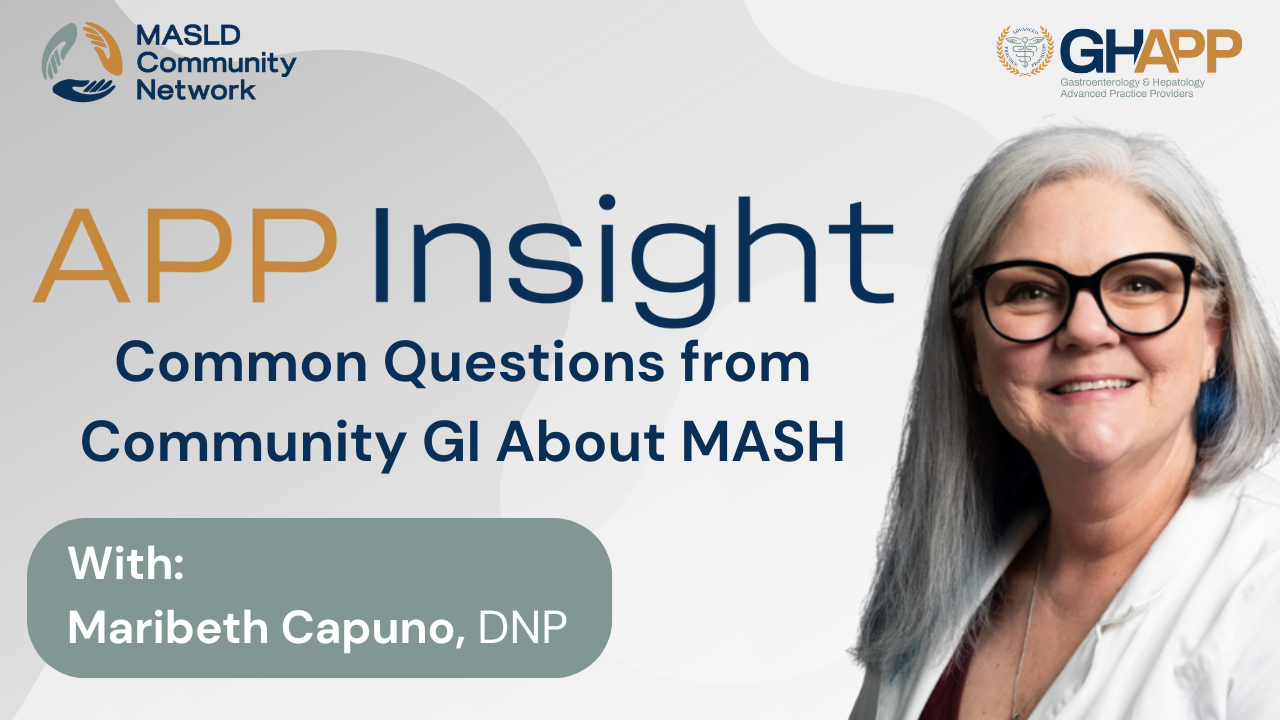
 September 2025
September 2025 